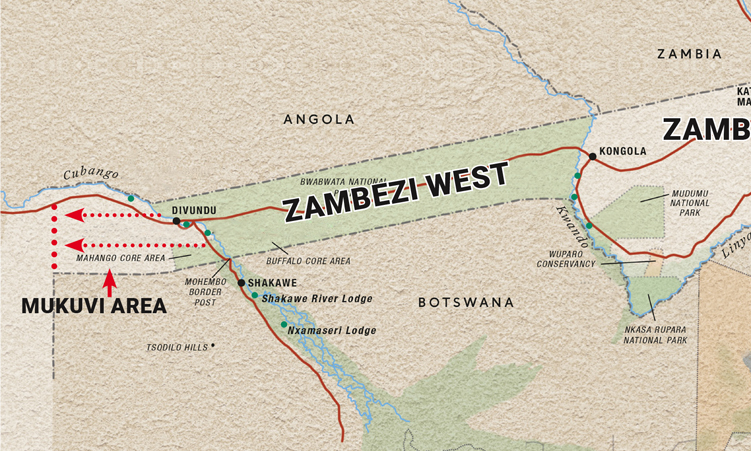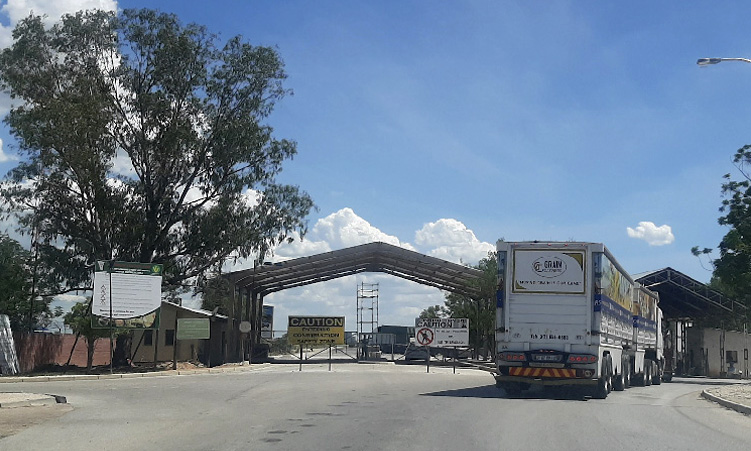• RUBEN S KANIMEMEDICAL outreach programmes and indeed all outreach programmes, exist to assist, serve, encourage and empower underserved communities to build up sustainable systems.
Due to the fact that Namibia is a vast country and full of contrast in all the aspects of citizen’s well-being, health resources are often grossly unequally distributed when viewed along other socio-economic, racial and geographic divisions.
Upon his appointment, minister of health and social services Bernard Haufiku embarked on the concept of efficiently and effectively using the resources available to take services to the community, which they need desperately.
The minister’s “medical outreach” as widely published in local media, has a mission to deliver outstanding accessible and equitable medical care and services to patients and families we serve in the regions.
Operating on a four pillars basis, namely consultations, ward rounds, surgical operations, academic presentation and teaching, the programme is part and parcel of a long-term plan of upgrading district hospitals to fully functional regional hospitals. Further, the programme aims to bring private and public health sectors together and strengthen the capacity of district health personnel (doctors, nurses and related health professionals) via training during rounds, presentations and simulation sessions.
The outreach programmes impart knowledge and instil confidence of health workers, who are full-time serving the public at district facilities. During the national outreach period and seeing patients in outpatient departments, discussing critical cases during ward rounds and by doing operations, corporate citizens in Namibia are attracted to contribute toward accessible health services in different ways (sponsor medical equipment, sponsor the outreach team, sponsor personnel training) and establish a multi-stakeholders network to support future activities.
Taking off in April 2015, the minister’s working visit to Khorixas, where he performed a number of minor operations, was met by both positive and negative reactions. While some applauded his gesture, others questioned why the newly appointed minister was running away from his office.
Whether you are doing bad or good, people will always talk anyhow, so this did not distract Haufiku’s focus from the bigger picture.
By 27 May 2015 he was joined by five state doctors (including myself) and one private practitioner at Opuwo state hospital. Around 20 minor operations were carried out and plans for future outreach events were discussed.
Slowly but surely outreach programmes gained momentum. Between 2 and 6 September 2015, a team of 19 health professionals, from the private and public sectors travelled to Katima Mulilo to tackle health problems on the ground. Among other activities, a total of 50 operations were carried out, and for the first time, the outreach programme recorded major operations in its book.
Between 21 and 24 October, the team was in Ohangwena region, covering Engela and Eehnana hospitals with surrounding clinics in Odibo and Ongha. A total of 164 major and minor operations were carried out and the number of participants increased from 19 to 38.
As I am writing this unified message of hope for the future, we are on our last outreach visit of 2015 at Katima Mulilo. Our second last visit of 2015 ran from 24 to 28 November in Kunene (Opuwo and Khorixas hospitals) and Omusati (Oshikuku and Tsandi hospitals). During that visit, a total of 131 operations were carried out.
This summarised report is intended to provide a clear picture of the great change that the outreach programme is making. Those numbers appearing above would have been of referral cases to Oshakati and further on to Windhoek hospitals.
It’s equally important to mention that we were not only concentrating on curative activities, but are also looking at the aspects of public health and recommendations were made to the ministry accordingly. These include a call to actively recruit and deploy medical doctors to regions, train nurses in special areas, procurement of equipment, emphasis on renovation and maintenance of health facilities.
Finally, I would like to extend words of thanks to those who supported our programme during 2015. First and foremost the health professionals both from the private and public sectors; our permanent secretary, Andreas Mwoombola; the private companies for paying for our accommodation, sponsoring us with T-shirts and all others.
We continue to work on limited resources and the critical question before us is how to allocate such resources in order to arrest the prevailing challenges in various parts of the country. On that note, we invite all stakeholders to come on board and support this valuable undertaking come 2016 and beyond.
• Dr Ruben S Kanime (MD, Russia), is coordinator of the outreach programme. He is studying towards a master of public health degree.
Stay informed with The Namibian – your source for credible journalism. Get in-depth reporting and opinions for
only N$85 a month. Invest in journalism, invest in democracy –
Subscribe Now!






